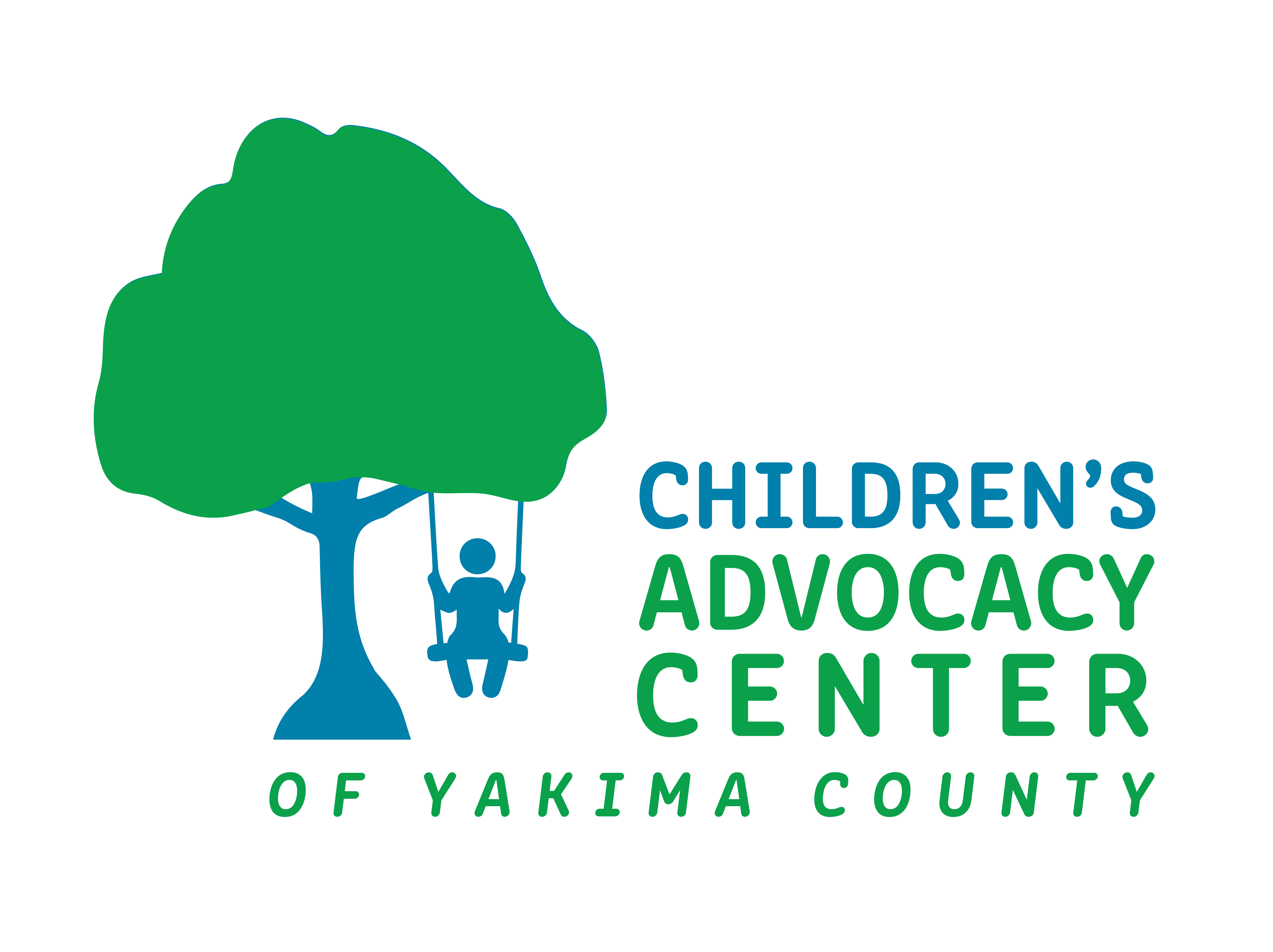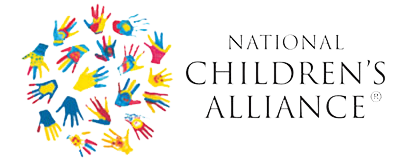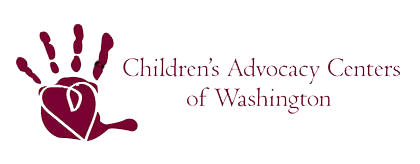FAQs
Frequently Asked Questions
English
Español
General Questions
Washington State RCW 26-44-020 defines abuse and neglect as injury, sexual abuse, sexual exploitation, negligent treatment or maltreatment of a child by any person under circumstances which indicate that the child’s health, welfare, and safety is harmed..
If you have a question about whether something is child abuse, it’s best to speak to a trained professional about what you’ve seen or heard by calling Child Protective Services at 1-866-ENDHARM
According to Washington State law, certain professionals are considered “mandated reporters” and they are required to report their concerns to CPS and/or the police when they believe that a child is being harmed. Mandated reporters include police, nurses, counselors, CASAs/GALs, childcare providers, teachers, and many other professionals. For a complete list, please see the Washington State Legislature website.
It’s important to remember that whether you are required by state law to report abuse or not, it is everyone’s responsibility to speak up for children when they are being harmed.
Usually a report is taken, and the case is assigned to a detective who has received specialized training in investigating these types of crimes. The case will be investigated by the law enforcement agency responsible for the location where the crime occurred. The detective investigates the possible crime by collecting information from the child, the person who is accused of the crime, as well as anyone else that may have information about what might have happened. The police may take photos or possession of items that they believe are important in the investigation of the crime. The police may also refer some children to medical services for an examination. Additionally, advocacy services are offered to children and their care providers during the investigation. When the investigation is complete the detective turns the case into the Prosecuting Attorney’s Office, and it is the Prosecuting Attorney’s Office that decides whether or not to file criminal charges.
If a CPS social worker is assigned they will often begin by assessing the safety of the child by speaking with the child. They will also speak with the parents/guardians of the child, the person who is accused of harming the child, and anyone else who may have information about the care of the child. Based on the information that CPS collects, they will work with the family to ensure the on-going safety and well-being of the child.
Questions About the Child Forensic Interview
Child forensic interviews are:
- Investigative
- Research based Neutral and objectiveDevelopmentally appropriate/sensitiveConducted by a specially trained interviewer
- To obtain information from a child that may be helpful in a criminal investigation
- To gather reliable evidence about suspected abuse or other crimes for possible presentation in court
- To assess the safety of the child’s living arrangements
- To obtain information that will either corroborate of refute allegations or suspicions of abuse and neglect.
- To assess the need for medical treatment and psychological care
CFI’s at the Children’s Advocacy Center are digitally recorded and provided to law enforcement for their investigation.
All Forensic Interviewers at the Children’s Advocacy Center of Yakima County follow Washington State Child Interview Guidelines based on the National Institute of Child Health and Human Development (NICHD) investigative interview protocol.
– Your child will never be forced to talk.
– Your child will be allowed to take breaks or end the interview at any time.
Feel free to share with the detective or advocate any information that you think the interviewer should have about your child, including any language delays, conversations outside the interview, or fears about the interview.
Let your child know that other kids come to talk with the interviewer and that it is the interviewer’s job to listen to kids.
– Give your child permission to talk to the interviewer about anything that might have happened to them.
– Assure them that you will be nearby and available if they need you.
– Tell them that they are not in any trouble, and remind them of the importance to tell the truth.
You might tell your child,
“I’m going to take you to see someone who talks to kids. They talk to kids about all sorts of things that might have happened to them. You are not in trouble. It’s okay to tell anything that’s happened.”
No. Children need to be able to talk in a place that is as neutral as possible. Additionally, parents and/or guardians are often witnesses in potential legal cases and your testimony may be compromised by watching the child interview. Each interview is recorded.
The length of the interview will be shaped by your child – their attention span, their pacing, and how much they have to say. Most interviews last approximately 30 – 60 minutes. After the interview, a detective can tell you in general terms what was learned and answer questions about the investigation.
Assure your child of your love and support no matter what they said during the interview.
Tell your child that it is not their fault if something happened to them and there are people who will help them.
Advocacy Resources
Preguntas Generales
El estado de Washington RCW 26-44-020 define el abuso y la negligencia como lesiones, abuso sexual, explotación sexual, tratamiento negligente o maltrato de un niño por cualquier persona en circunstancias que indiquen que la salud, el bienestar y la seguridad del niño se ven perjudicados.
Si tiene alguna pregunta sobre si algo es abuso infantil, es mejor hablar con un profesional capacitado sobre lo que ha visto o escuchado llamando a Servicios de Protección Infantil al 1-866-ENDHARM
De acuerdo con la ley del estado de Washington, ciertos profesionales se consideran “reporteros obligatorios” y están obligados a informar sus inquietudes a CPS y / o la policía cuando creen que un niño está siendo dañado. Los reporteros obligatorios incluyen policías, enfermeras, consejeros, CASA / GAL, proveedores de cuidado infantil, maestros y muchos otros profesionales. Para obtener una lista completa, visite el sitio web de la Legislatura del Estado de Washington.
Es importante recordar que, ya sea que la ley estatal le exija denunciar el abuso o no, es responsabilidad de todos defender a los niños cuando sufren daños.
No es su responsabilidad probar si un niño está siendo abusado o no. Más bien, es su responsabilidad informar cualquier preocupación razonable de abuso a los Servicios de Protección Infantil y / o la policía. Si sospecha que se está abusando de un niño, llame al 1-866-ENDHARM. Si se necesita una respuesta inmediata de la policía, llame al 9-1-1.
Si se asigna un trabajador social de CPS, a menudo comenzarán evaluando la seguridad del niño hablando con el niño. También hablarán con los padres / tutores del niño, la persona acusada de dañar al niño y cualquier otra persona que pueda tener información sobre el cuidado del niño. Según la información que recopila CPS, trabajarán con la familia para garantizar la seguridad y el bienestar del niño.
Preguntas sobre la entrevista forense infantil
Las entrevistas forenses infantiles son:
- Investigador
- Basado en la investigación
- Neutral y objetivo
- Desarrollo apropiado / sensible
- Realizado por un entrevistador especialmente capacitado
- Para obtener información de un niño que pueda ser útil en una investigación criminal
- Para reunir evidencia confiable sobre sospecha de abuso u otros delitos para una posible presentación en la corte
- Evaluar la seguridad de los arreglos de vivienda del niño.
- Para obtener información que corrobore las acusaciones de refutación o sospechas de abuso y negligencia.
- Evaluar la necesidad de tratamiento médico y atención psicológica.
Los CFI en el Centro de Defensa de los Niños se graban digitalmente y se entregan a la policía para su investigación.
Todos los entrevistadores forenses en el Centro de Defensa de los Niños del Condado de Yakima siguen las Pautas de Entrevistas Infantiles del Estado de Washington basadas en el protocolo de entrevista de investigación del Instituto Nacional de Salud Infantil y Desarrollo Humano (NICHD).
Su hijo/a nunca sera obligado/a a hablar
- Su hijo/a se le permitira tomar descansos, y puede terminer la entrevista en cualquier memento.
Como el padre, usted es el mejor juez para decider cuando su hijo/a necesita saber de la entrevista. En general, digale a su hijo/a un día antes de la entrevista o incluso en camino a la entrevista permitirá tiempo suficiente para que la entrevista no sea una sorpresa y no cause una gran ansiedad. Un intercessor para victimas estára disponible para hablar con usted antes de la entrevista para responder a sus preguntas o dudas
Permítale saber que otros niños/as vienen a hablar con el entrevistador y que es trabajo del entrevistador escuchar a los niños/as.
- Dele permiso a su niño/a que hable con el entrevistador de cualquier cosa que podría haber ocurrido con ellos.
- Asegúreles que usted estará cerca y disponible si los necesita.
- Digales que no están en ningun problema
- Digales que es importante de decir la verdad.
La mayoría de los niños/as tienen una capacidad de atención limitada. Juguetes y comida pueden distraer a los niños/as de hablar con el entrevistador. Recuérdele a su hijo/a que el propósito de la cita es de hablar (no jugar) con el entrevistador. Se recomienda que alimente a su hijo/a antes.
No. Los niños necesitan hablar en un lugar neutral y tener a sus padres alli lo puede hacer más difícil. Además, los padres pueden ser testigos en casos legales y su testimonio puede verse comprometido por ver la entrevista de su niño/a. La entrevista se graba en video.
La entrevista será formada por su hijo – la capacidad de atención, ritmo de conversación, y cuánto tienen que decir. La mayoría de entrevistas duran aproximadamente 30-60 minutos. Después de la entrevista el detective puede decirle en general lo que aprendimos y puede responderle a sus preguntas sobre la investigación.
No importa lo que su hijo/a digan durante la entrevista, asegurele de su amor y apoyo.
Dígale a su hijo/a que no es su culpa si algo le sucedió y que hay personas que van a ayudarle
Recursos de Apoyo
600 North Ave.
Sunnyside, WA 98944
(509) 837-6689
ASPEN Victim Advocacy Services
402 South 4th Ave
Yakima, WA 98902
(509) 452-9675
818 West Yakima Avenue
Yakima, WA 98902
(509) 248-7796






